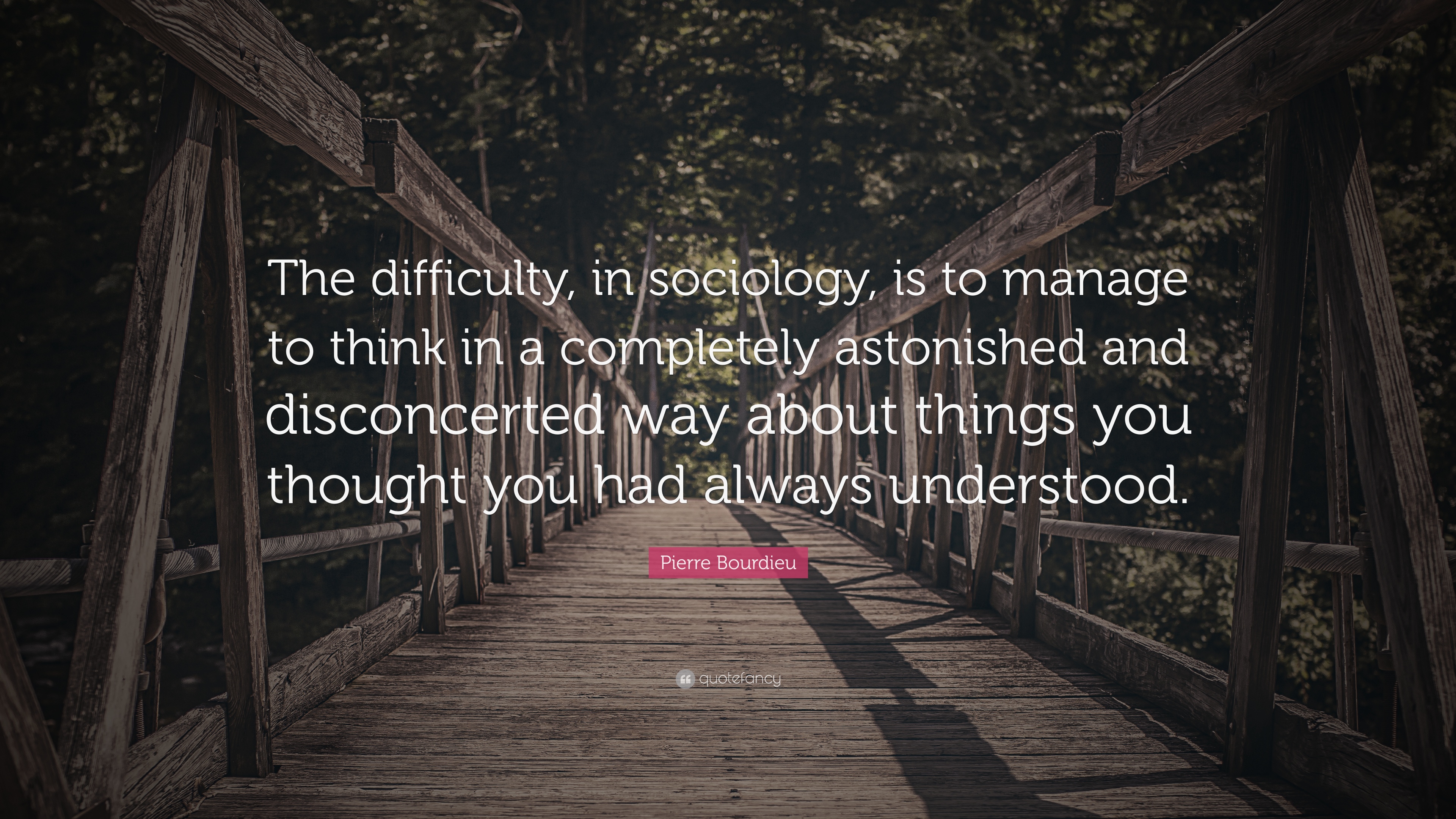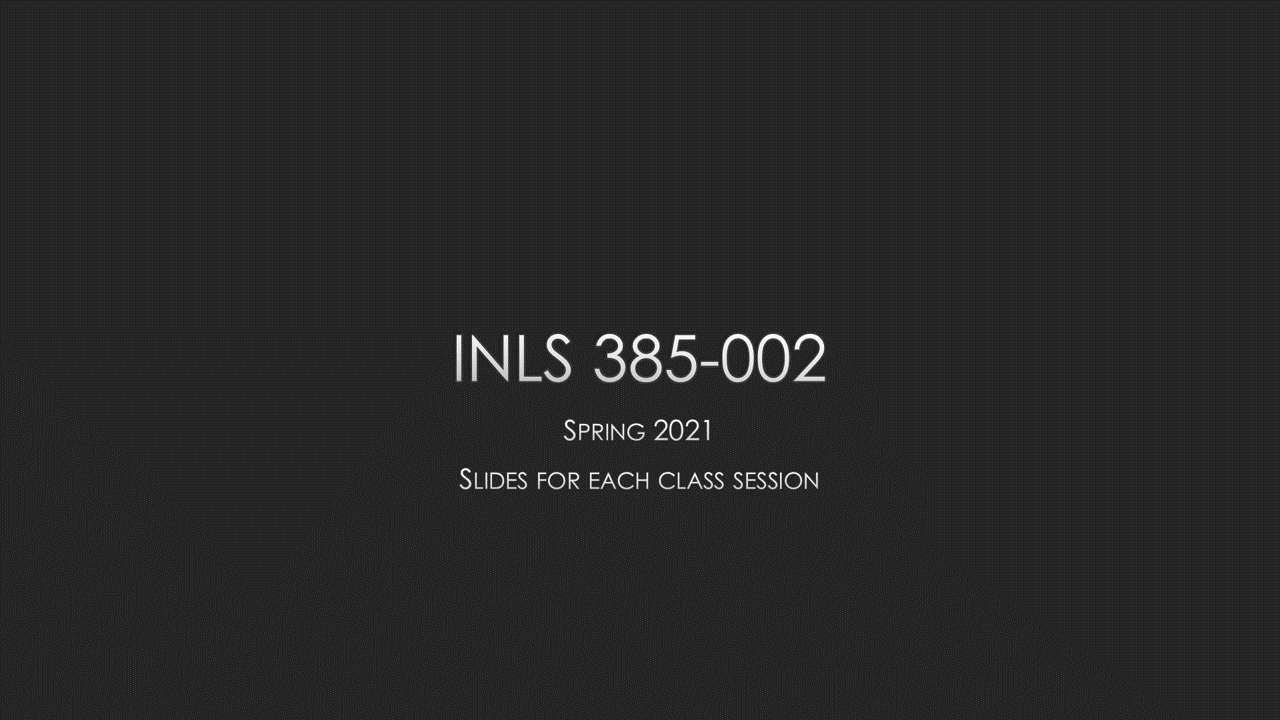SESSION 05
KNOWLEDGE SHARING
Can we depend on knowledge to be shared organically, or is there a need for a sharing mechanism?
Possibly not what you thought about when you thought about knowledge sharing
Ponder this as a method of sharing knowledge, at a different level

... as the information economy has become more enveloping, cultural capital and economic capital have become ever more intertwined. Individuals and classes that are good at winning the cultural competitions Bourdieu described tend to dominate the places where economic opportunity is richest; they tend to harmonize with affluent networks and do well financially.
... the drive to create inequality is an endemic social sin. Every hour most of us, unconsciously or not, try to win subtle status points, earn cultural affirmation, develop our tastes, promote our lifestyles and advance our class. All of those microbehaviors open up social distances, which then, by the by, open up geographic and economic gaps.
Getting Radical About Inequality by David Brooks, New York Times, 18 July 2017
back to top
You don't have to read these unless you wish to,
but we might touch upon them in conversation

-
Chapter 5 - Knowledge Transfer
in Davenport, T. H., & Prusak, L. (2000).
Working knowledge: How organizations manage what they know.
Boston, Mass: Harvard Business School Press.
How can an organization transfer knowledge effectively? The short answer, and the best one, is: hire smart people and let them talk to one another. Unfortunately, the second part of this advice is the more difficult to put into practice.
-
Borgatti, S. P., & Cross, R. (April 01, 2003).
A Relational View of Information Seeking and Learning in Social Networks.
Management Science, 49, 4, 432-445.
The decision to seek information from someone in the face of a new problem or opportunity is likely affected by one’s perception of another person’s expertise. A baseline condition for turning to a given individual for information is awareness of that individual as a possible source in light of a current problem or opportunity.
back to top
things we'll talk about
- knowledge boundaries
- informal knowledge sharing and informal knowledge sharing strategies
- trust and common ground
- antecedents of information seeking
- knowledge absorption
We'll do an in class exercise

back to top
something to take away
Ndakuvara
Oliver "Tuku" Mtukudzi (born 22 September 1952 in Highfield, Harare; died 23 January 2019) is an award-winning Zimbabwean musician, composer and guitarist. He is widely regarded as the most celebrated performer in the country's history. From the Wikipedia entry ...
With his husky voice, he has become the most recognized voice to emerge from Zimbabwe and onto the international scene and he has earned a devoted following across Africa and beyond. A member of Zimbabwe's KoreKore tribe, Nzou Samanyanga as his totem, he sings in the nation's dominant Shona language along with Ndebele and English. He also incorporates elements of different musical traditions, giving his music a distinctive style, known to fans as "Tuku Music" ...
Unlike Mapfumo, Mtukudzi has refrained from directly criticizing the repressive government of President Robert Mugabe, perhaps because he still lives in the country. However, some of his most emotive hits prodded the aging authoritarian ruler, including "Ndakuvara," which bemoans the political violence engineered by Mugabe's ZANU-PF party and "Wasakara (You Are Getting Old)," which most Zimbabweans took as a direct plea for Mugabe to retire.